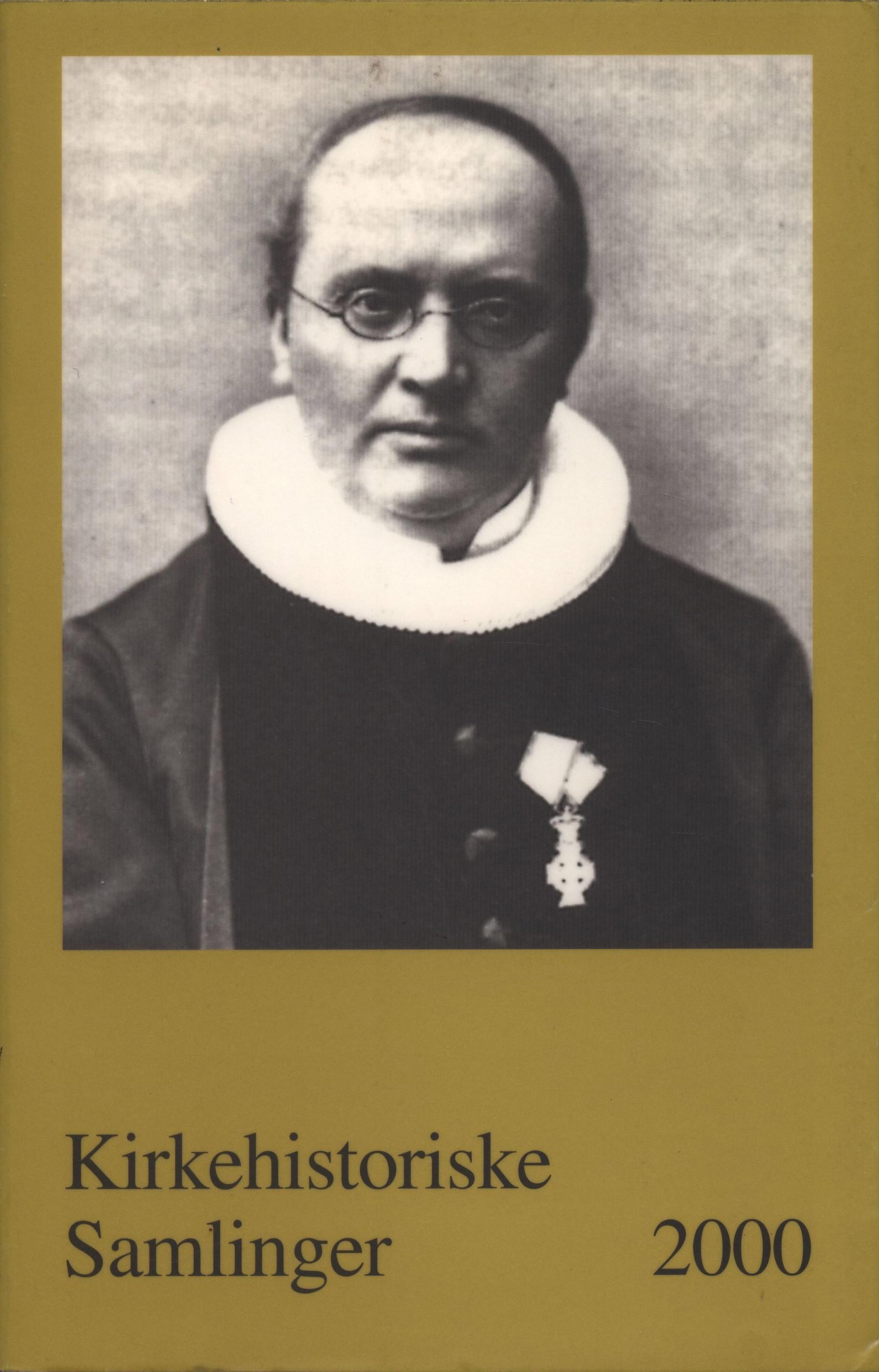Publiceret 15.12.2000
Citation/Eksport
Copyright (c) 2024 Tidsskriftet Kirkehistoriske Samlinger

Dette værk er under følgende licens Creative Commons Navngivelse – Ingen bearbejdelser (by-nd).
Resumé
As one of only a few Danish theologians, Hans Valdemar Sthyr (1838-1905) was able to hold several high offices of the Church, as well as in the political life (professor, bishop and minister for education and church affairs) in the latter part of the 19th century. Danish political life was dominated by disputes over the controversial provisional state budgets, while at the same time, the revivalist movements gain increasing influence in church life. As a conservative politician and »Central Party« churchman, Sthyr had the right qualifications to achieve prominent positions, while at the same time he received no appreciation from his contemporaries or in posterity; his political affiliations as well as his positions in church life were with parties of a declining influence. Sthyr was responsible for the passing of a badly needed new Education Act in 1899, but in general he is mostly remembered for his handling of the appointment of a new bishop in Fyn in 1900: He transferred and renewed his own vacancy from the diocese of Lolland-Falster to Fyn in order to be able to take up the position of bishop in Fyn after being dismissed as minister one year later. This manipulation has ever since been considered only negatively. The intention in this paper is to examine, whether the verdict on Sthyr -that his career in the church was due »more to coincidence than outstanding ability« - has been justified, in light of the relative importance of the actual issues. It is being considered, to what extent the differing opinions on church life in general and the importance of the ministry in particular, along with disappointed hopes of promotion among his opponents, have influenced Sthyr’s decisions. Also the need for the newly formed Union of Clergymen to emphasise its wish to play a decisive role in church politics as well as Sthyr’s own motives behind the controversial manipulation are considered.

